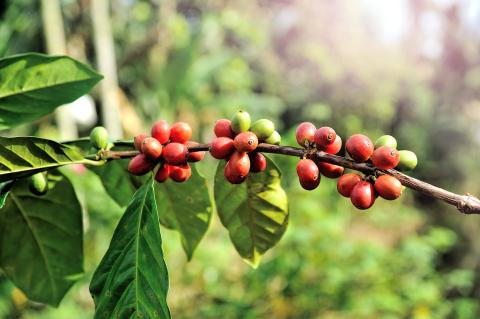NEPCon – Preferred by Nature launches stakeholder consultation on the Standard for Field Verification of Forest Ecosystem Restoration
NEPCon is inviting interested stakeholders to participate in public consultation on the first draft of the Standard for Field Verification of Forest Ecosystem Restoration. The aim of the consultation is to seek input to the proposed verification approach.
The focus of this global Standard is assessment of the performance of forest ecosystem restoration at the field level, in tropical, temperate and boreal biomes. It provides a structured approach and detailed checklist for verification of field performance in implementing forest ecosystem restoration. The approach blends technical, environmental, social and economic attributes.
The Standard is intended to be applicable to all scales and credible models of forest ecosystem restoration, including smallholder and community, medium- and large-scale operations. The target audience includes restoration practitioners, investors, supporters and affected stakeholders.
>>You can click here to download the draft Standard for Field Verification of Forest Ecosystem Restoration.
Your inputs are needed!
You can submit your comments by responding to this survey: NEPCon is embracing a transparent and multi-stakeholder-based approach to maintaining the highest level of stakeholder consensus to ensure continuing high quality of our frameworks and procedures.
We therefore welcome your constructive criticism, technical review and suggested changes, edits, deletions and additions. In particular we look forward to getting your feedback on four key questions:
- Does the standard seem applicable to all biomes (tropical, temperate and boreal)?
- Is the standard flexible enough so that it is useful for various approaches to restoration (tree plantations, natural succession, agroforestry, rewilding, enrichment planting, etc.)?
- Is the standard applicable at the scale of restoration effort you are involved in (noting the different approaches imbedded in the standard for community, medium, and large-scale operations)
- Does the “subject and indicators only” approach we have taken (leaving out principles and criteria so that it can be adapted to various accountability systems) and the use of “core” and “continuous improvement” indicators work?
Parallel to this standards’ consultation process, we are also pursuing avenues of collaboration with other organizations on the standard, such that the standard gets the broadest, most inclusive input and use, and we are currently planning a series of field tests. If you or your organisation would like to collaborate on future use of the standard, or for field tests, please contact us at mcarino@nepcon.org.
Consultation period: 17 September–17 November 2020.
Stakeholder webinars
Also, two webinars are going to be organised to explain the Standard, and facilitate direct interaction and discussion.
Please sign up here for the webinar in Spanish (October 14, 16.00 CEST), or here for the webinar in English (October 21, 16.00 CEST).
NEPCon is a Subscriber member of ISEAL[1]. We aim to follow the best practice guidelines from ISEAL for the standard setting, as defined in the ISEAL Standard Setting Code.
[1] ISEAL (International Social and Environmental Labelling Alliance) is a global association for social and environmental certification and labelling frameworks. ISEAL works with established and emerging voluntary systems, developing guidance to strengthen their effectiveness and impact. http://www.isealalliance.org/

